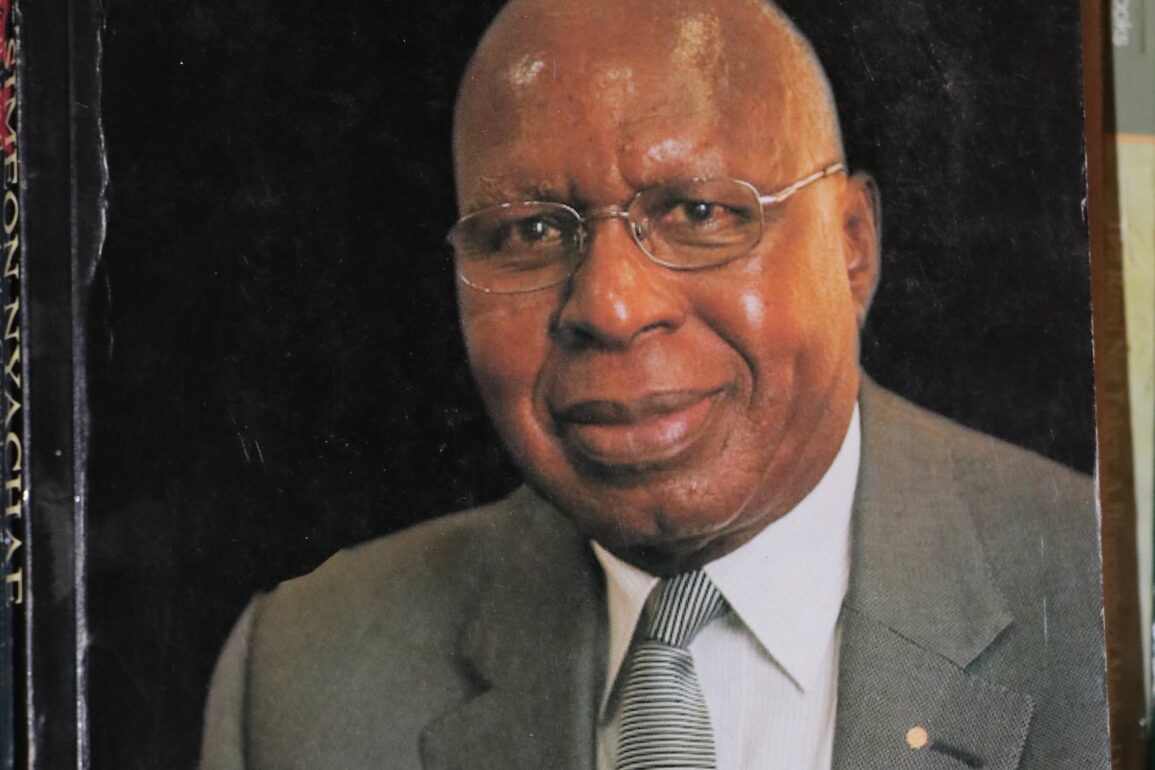By Mbugua Ngunjiri
In 2021, when the Pandora Papers ‘scandal’ broke, Kenyans learnt that the Kenyatta family has stashed funds in foreign accounts. Now, there are a number of reasons why certain people chose to spirit their monies in those tax havens. Chief among the reasons such people hide their money, whether clean or dirty, in secret accounts, in my view, is security.
Patriotism comes later.
On Friday, July 21, an angry Uhuru Kenyatta was on TV complaining bitterly that William Ruto’s government was targeting his family. This was after it was reported that police officers had raided one of his son’s home in Karen, ostensibly to search for ‘illegal firearms’.
During the media interview, the retired president challenged Ruto to ‘come for him’ and leave his 90-year-old mother alone. A few days earlier, it had been reported that Mama Ngina Kenyatta’s security had been withdrawn.
Uhuru said he is capable of ‘protecting’ his family’s property. Well, your guess is as good as mine, where he would take his money should harassment by government persisted.
It should be remembered that a few months back, goons suspected to have been funded by the Kenya Kwanza regime, raided Northlands Farm, owned by the Kenyatta family, stole sheep and set trees on fire.
Kenyan politics is replete with examples similar harassment. I will use the late Simeon Nyachae’s example to illustrate my point. In his book, Walking Through the Corridors of Service (Mvule, 2010), Nyachae says that he entered politics to protect his property.
Now, let that sink for a bit.
When he retired from the civil service in 1987, upon attaining the age of 55, Nyachae was already a successful businessman. “…my intention was to go into farming and to concentrate on my other businesses… I had no intention whatsoever to join politics,” he wrote.
Moi’s government meanwhile, had other plans; they wove a narrative to the effect that Nyachae was ‘a dangerous rich man, who wanted to dominate the Gusii community and Kenya.’ A sinister plot was then hatched to cut him down to size, beginning with his vast business empire. To begin with, public health officials would be dispatched, almost on a daily basis, to his Sansora Bakery with bogus allegations that it was operating under unhygienic conditions.
It also became increasingly difficult for him to import spare parts for his Kabansora Flour Mills, which had to be sourced from Germany. He had to find a way round it. “The supplier would send the parts to the German Embassy, in Nairobi, as samples, and then we would collect them for our own use,” wrote Nyachae.
At the time of his retirement Nyachae decided to reward himself by importing a brand new Mercedes 500. That is where his problems started.
When the vehicle arrived at the Mombasa Port, he was told, flat out, that it could not be cleared into the country. When his son Charles Nyachae went to ascertain what the fuss was all about “a customs official told him that the car I had imported would not be cleared because nobody in the country was ‘allowed’ to import a car that big, unless he or she wanted to have powers like those of the president!”
He had to go to court to have the car released. When it was finally released, seven months later, the Mercedes Benz had been so badly vandalised, he had to order for new parts from Germany. “This experience heightened the pressure from my friends that I should join politics to defend my investments,” wrote Nyachae.
The kamati was not yet through with him; they sent thugs to throw a dead rat into the compound of Kabansora Mills, in Embakasi, in the dead of night. The following morning health officials demanded to allowed into the compound to conduct an ‘inspection’. Once inside they made a beeline to where the dead rat had been thrown. The goal was to close down the premises under the pretext that the whole place was infested with rats, and that consumers of his products risked being infected with plague!
You really can’t make this stuff up.
Seeing as the harassment was not about to die down, Nyachae decided to go to parliament “and fight against the injustices meted out against individuals and groups who were not singing to the tune of the ruling party Kanu.”
There was one more roadblock waiting around the corner. At the time, Kenya was ruled by a single party, Kanu. To contest for any political seat, one had to be a member of the ruling party. Try as he could, Nyachae’s name could not be cleared by Kanu for the 1988 elections, which broke so many records for rigging. Mnasemanga rigging, the 1988 mlolongo elections were not only the mother and father of rigging, they were also the grandparents and ancestors of modern day rigging!
Nyachae got to parliament in 1992, ironically, on a Kanu ticket.
The late Njenga Karume, in his book, From Charcoal to Gold, also gave the same reasons as Nyachae, for entering into politics; to protect his property.
At his prime, the late Kenneth Matiba, another former civil servant, was said to be one of the richest men in Kenya. However, a tumble with Moi’s government, not only left him severely incapacitated, health wise, but at the time of his death, Matiba was stone broke.
Now, had someone advised him to hide some of his money in the Cayman Islands, or some other tax havens, his descendants would still be doing fine.
Now, based on what happened to Uhuru’s son, on Friday, would you blame him for joining politics to ‘protect’ his property or that of his family?

